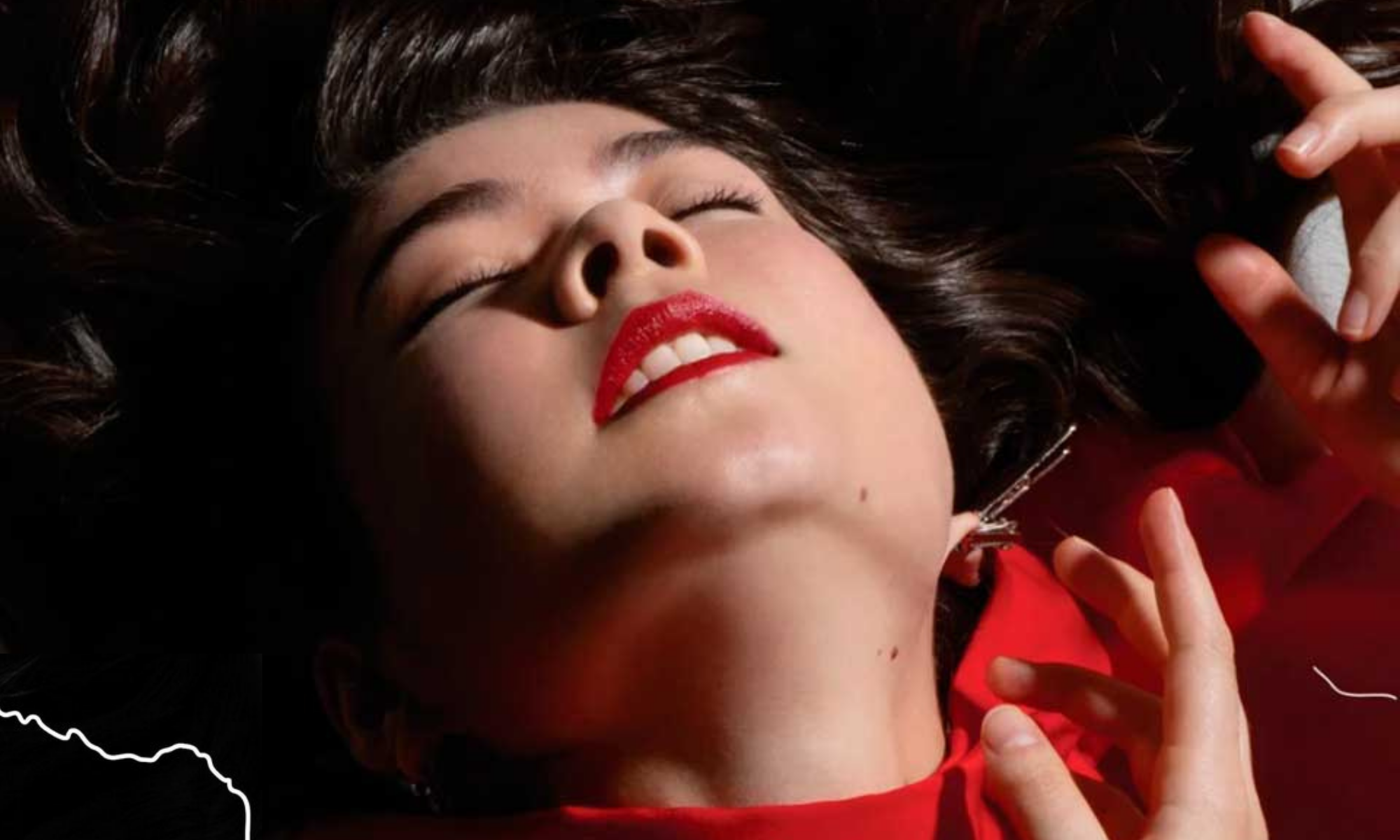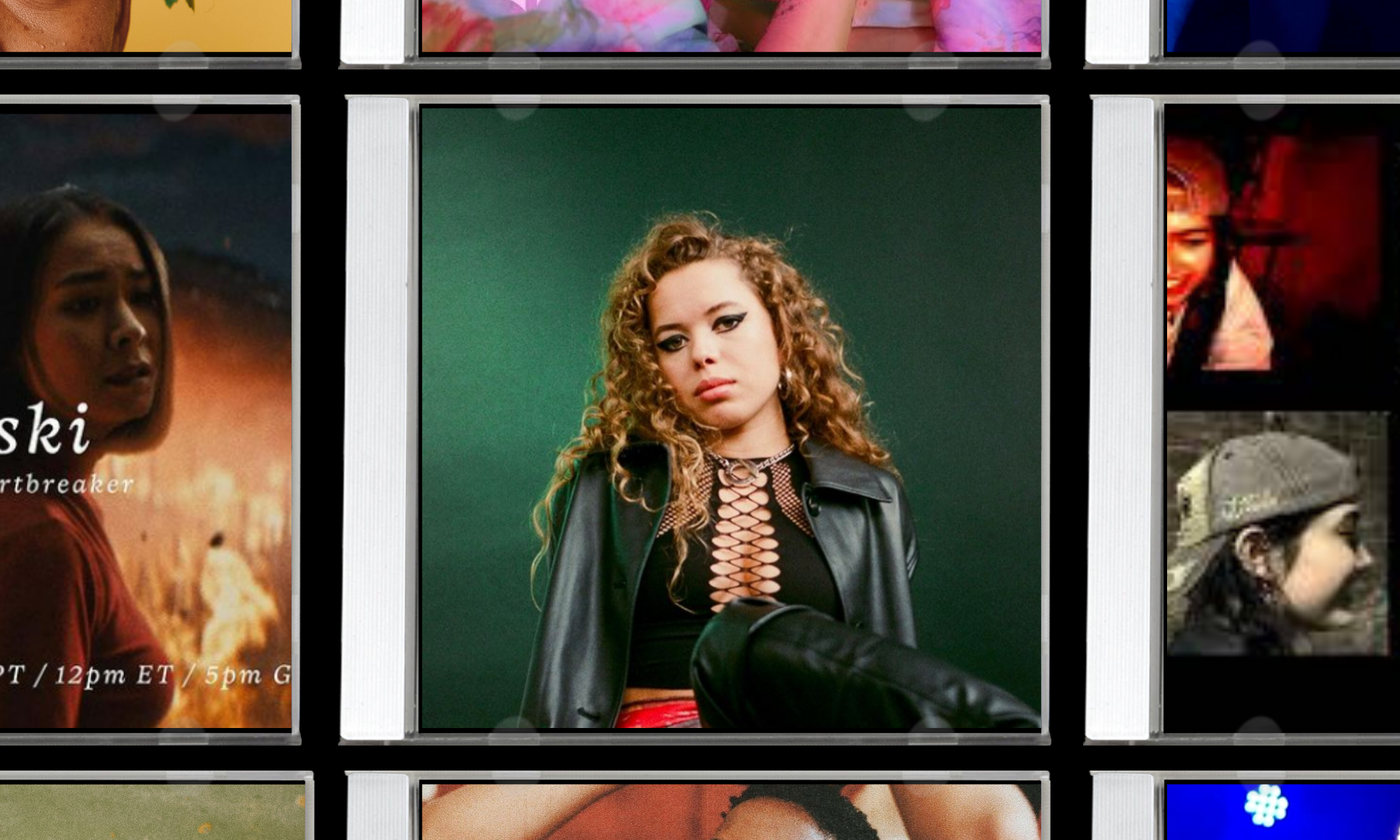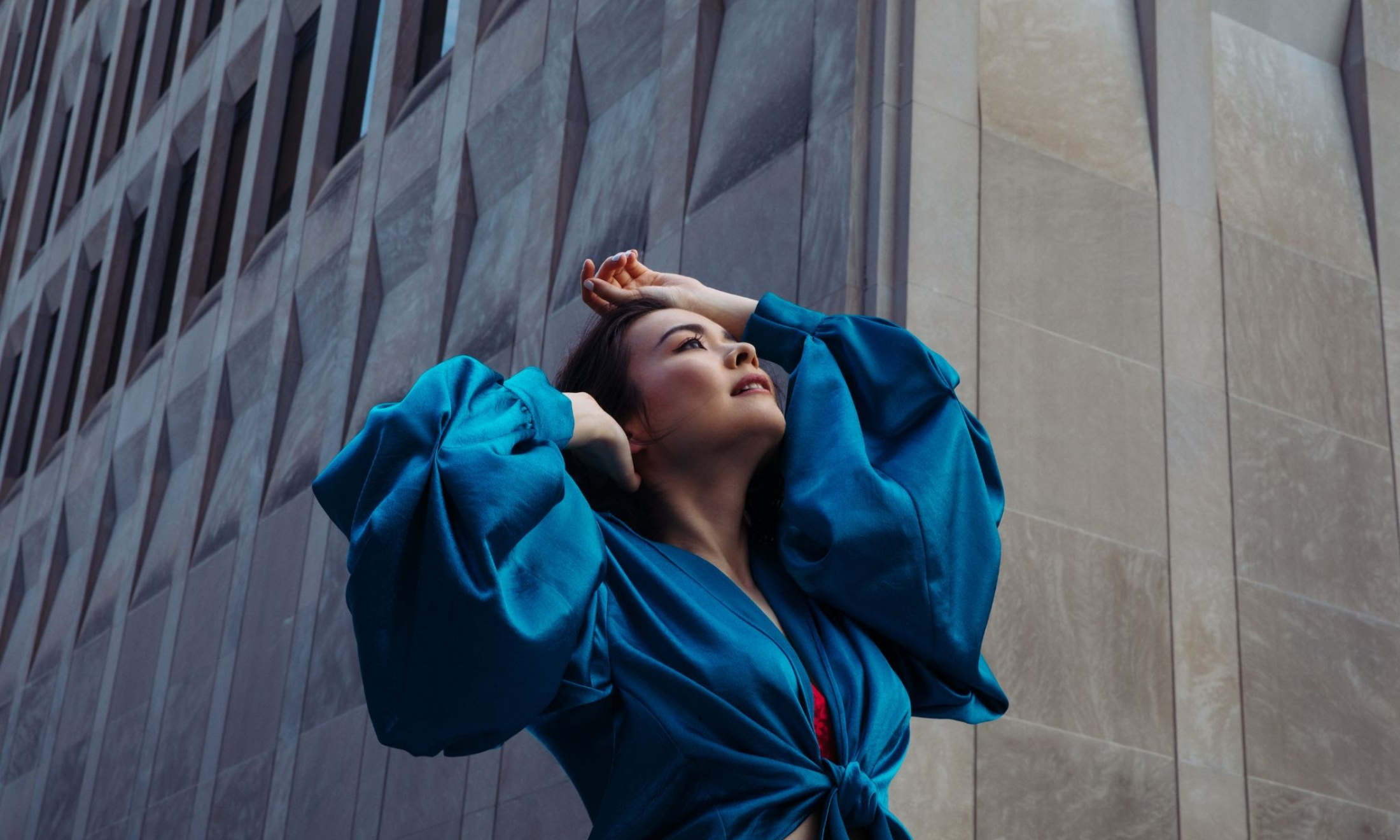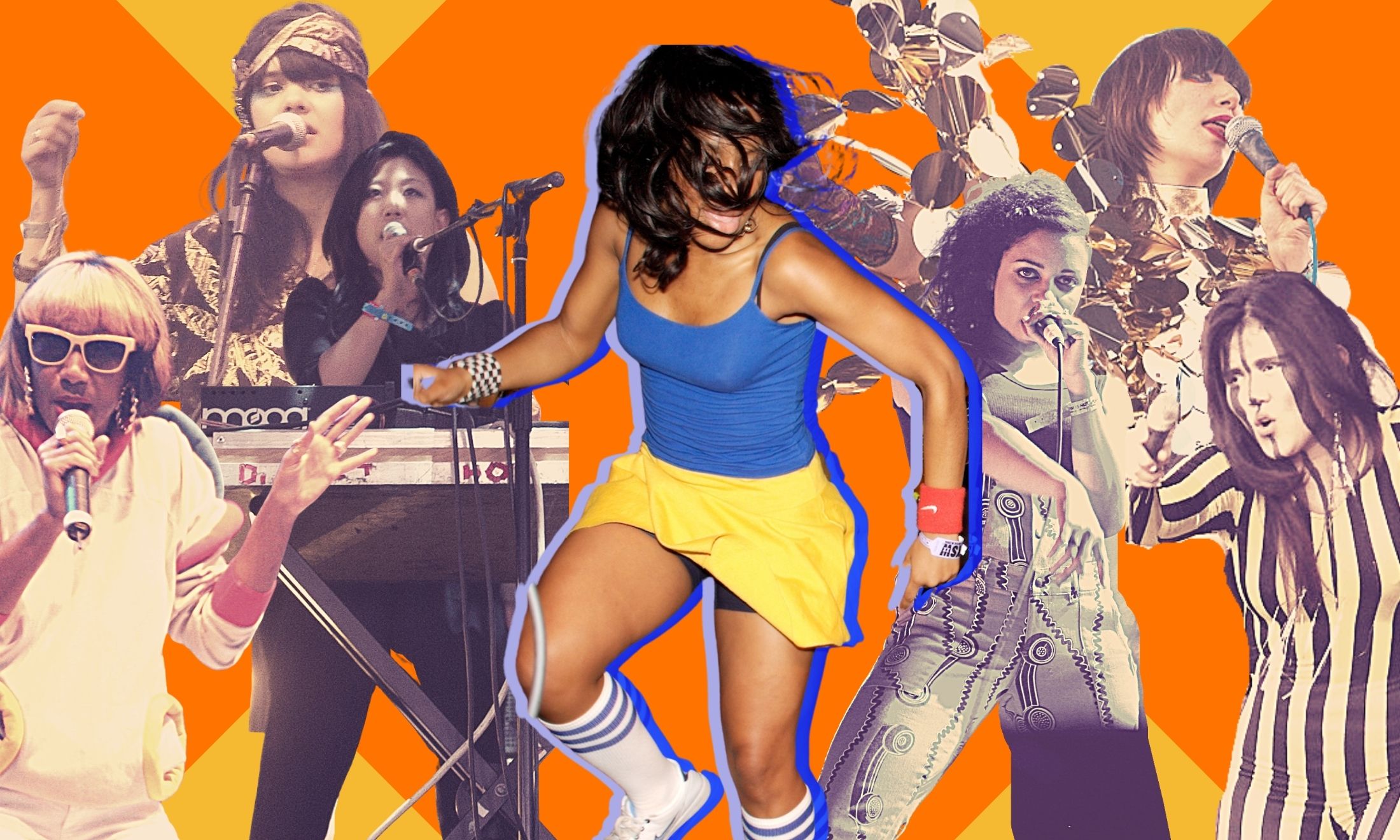
For many, 2016 is the year that singer-songwriter and Pitchfork heroine Mitski finally burst onto the mainstream scene. In a field where the lack of Asian faces is painfully noticeable, Mitski, who is Japanese-American, feels like a refreshing change from the identikit white guys who typically dominate indie rock. Yet while it’s easy to single her out for her race, there is no doubt that she is an incredibly talented and powerful musician – a fact that immediately exudes from her songs, which are by turns dark, witty or filled with longing.
In a recent interview, even Mitski herself explicitly rejects this one-dimensional portrait of her image as an indie poster girl, which is often indulged by smug white liberals who momentarily listen to people of colour as a way of feeling better about themselves. It’s a problem that most artists of colour are familiar with: breaking from the white, straight cis male status quo always involves the risk of being fetishized for their differences.
But how does she navigate this tricky dilemma? One method she uses is connecting with her fans who can directly relate to her experience and often reach out to her on various forms of social media. As she puts it, “When other young Asian girls hit me up about what it is like or what my music might mean to them, then I talk about it all day.” Mitski won’t allow herself to be pigeonholed, but she will support those who, like her, are fighting to make themselves heard in a society which constantly tells them that they are not worthy or talented enough.
It’s this grounded attitude that has contributed towards her loyal and devoted following especially on Twitter, which seems to be made up of mainly queer women and non-binary people of all races. Her Twitter feed is filled with wry quips and deadpan existential revelations that sound exactly like they came from the cool older sister you never had. Fans describe her shows as safe spaces for queer and trans women of colour, places of magical communion where loving Mitski’s music almost becomes like a mark of belonging.
There is also something undeniable in her songs that speaks to the outsiders, the introverts, and the nonconformists in all of us. One of my favourite Mitski tweets comes from a few weeks back, in which she just gets it: the all-too-familiar anxiety of “facing the show 2 come 2 the show”. If you are alone, awkwardly waiting in limbo while everyone else seems to slot into their cliques seamlessly like extras in a film.
u who come 2 my shows alone+hang outside/don’t know what 2 do till set time: thank u 4 facing the show 2 come 2 the show. I’m u at shows too
— mitski (@mitskileaks) July 17, 2016
This intense, almost uncomfortable realness also carries over into her lyrics, which skilfully tread the boundary between overwhelming emotion and ironic distance. “Your Best American Girl”, from her latest album Puberty 2, captures the devastating fallout from a relationship where the speaker ultimately cannot cross the culture barrier that separates her from her “all-American boy”. It is also the Mitski song which most powerfully explores the messy web of race and identity: the phrase “all-American” seems to evoke the apple pies, wholesome families and cutesy picket fences that are shorthand for idyllic white Americana – a vision that is inaccessible to the speaker, and many like her.
But by championing the experience of the outsider, Mitski manages to carve her own artistic niche as a visible Asian American woman making some of today’s best music. While music critics have previously interpreted her songs as an attempt to “stick it to the white boy indie rock world”, Mitski’s existence as a creative, successful and unapologetically outspoken woman of colour is a revolutionary political act in itself.









